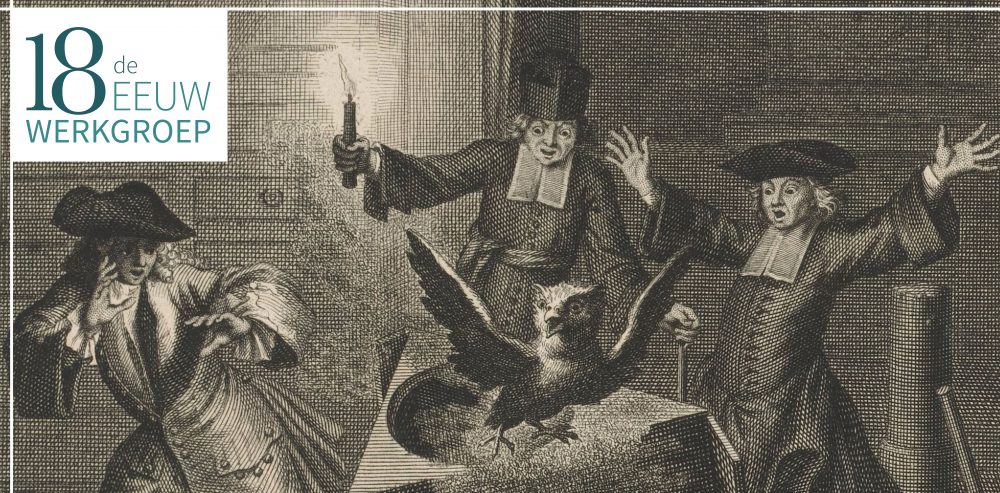Het Jaarboek voor Nederlandse boekgeschiedenis publiceert Open Access Nederlands- en Engelstalige artikelen op het gebied van de boekgeschiedenis van de Lage Landen in alle perioden. Voor het 32e Jaarboek, de editie van 2025, verwelkomen wij in het bijzonder bijdragen binnen het thema “grenzeloos boeken”.
(English version below)
Amerikaanse thrillers, Japanse manga en Keniaanse romans: onze huidige boekenwereld overschrijdt per definitie taal- en landgrenzen. Ook door de geschiedenis heen is het Nederlandse boekenbedrijf steeds verbonden geweest – enthousiast of schoorvoetend – met anderstalige en buitenlandse werelden. Het Jaarboek voor Nederlandse boekgeschiedenis nodigt u met het themanummer voor 2025, “grenzeloos boeken”, uit om buiten de gewoonlijke grenzen op verkenning te gaan. Voorbeelden van onderwerpen zijn drukwerk dat de banden met koloniale gebieden belicht (of juist toedekt), beeld- of lettergrepenschrift gedrukt in de Lage Landen, of boeken gecreëerd in supranationale samenwerking.
We verwelkomen artikelen op het gebied van:
- (Post-)koloniale boeken, hun productie en receptie;
- Nederlandstalig drukwerk buiten de Nederlanden;
- Illustraties of technieken uit andere werelddelen, geproduceerd in de Lage Landen;
- Verschillende soorten (niet Latijnse) typografie, gedrukt in de Lage Landen;
- Meertalige publicaties;
- Supranationale samenwerkingen en transnationale perspectieven.
Stuur vóór 1 april 2024 een voorstel of samenvatting naar de redactie (jaarboeknbv@gmail.com of via één van onze redactieleden). De deadline voor uitgewerkte artikelen is 1 november 2024.
Call for Papers Yearbook for Dutch Book History 32 (2025)
The Yearbook for Dutch Book History publishes Open Access articles in the Dutch and English language on all aspects of the book history of the Low Countries. For the 32nd edition of 2025, we particularly welcome contributions within the theme of “Books across borders.”
American thrillers, Japanese manga and Kenyan novels: our current book world often transcends national and linguistic borders. Likewise, throughout history the Dutch book trade has always been connected – enthusiastically or reluctantly – with the world at large. With its 2025 thematic issue, “books across borders,” the Yearbook for Dutch Book History invites you to explore beyond the usual boundaries. Examples of topics include, but are not limited to, printed matter that highlights (or conversely, covers up) ties to colonial territories, pictographic, logographic or abugida scripts printed in the Low Countries, or books created in supranational cooperation.
We welcome articles related to:
- (Post-)colonial books, their production and reception;
- Dutch printed matter produced elsewhere;
- Illustrations or techniques from other parts of the world, applied in the Low Countries;
- Different types of (non-Latin) typography, printed in the Low Countries;
- Multilingual publications;
- Supranational collaborations and transnational perspectives.
Please submit your proposal or abstract to the editors before April 1, 2024 (jaarboeknbv@gmail.com or via one of our editors). The deadline for submitting full articles is November 1, 2024.












Je moet ingelogd zijn om een reactie te plaatsen.